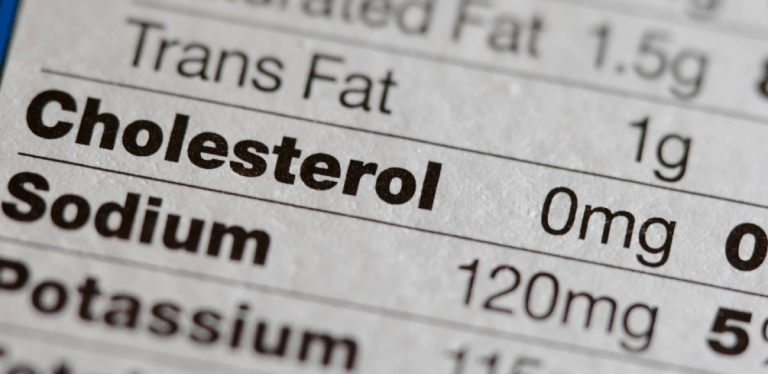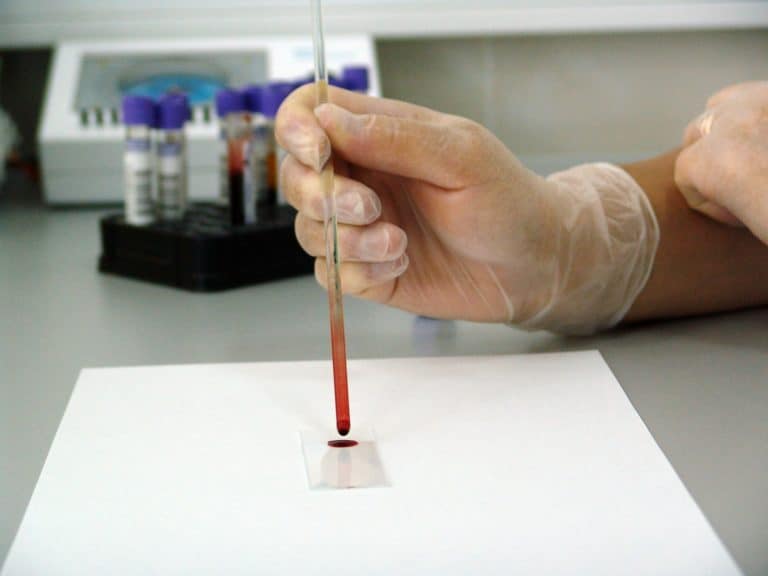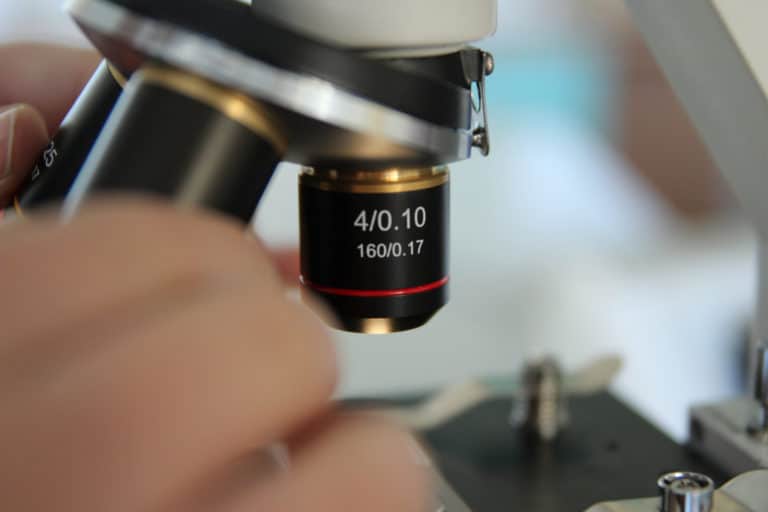It’s well established that high intake of dietary calcium is linked to a greater risk of prostate cancer. For African-American men (who are already at a greater risk of prostate cancer), the reason appears to be in their genes. To determine whether calcium increases prostate cancer risk in African American men, researchers at Wake Forest Baptist Medical Center and colleagues conducted a study and found that a genetic allele (an alternative form of a gene) that is more common in African-Americans makes them much better able to absorb calcium than people who don’t have the allele.
Although having the ability to absorb calcium well seems to be a good characteristic, given that the mineral is so vital to bone health, for African-American men it can be detrimental. Prostate cancer is 36 percent more common among African-American men than among non-Hispanic whites, and this latest genetic discovery may be a key.
Calcium increases prostate cancer risk in African American men
The study involved 783 African-American men living in the Los Angeles and San Francisco area: 256 with advanced prostate cancer, 277 with localized cancer, and 250 controls. Co-author Gary G. Schwartz, PhD, associate professor of cancer biology, urology, and public health sciences at Wake Forest and his colleagues from the Keck School of Medicine at the University of Southern California (USC) and the Cancer Prevention Institute of California, evaluated the impact of genotype, diet-gene interactions, and calcium intake for the study participants.
Men who reported consuming the most calcium were twice more likely to have localized and advanced prostate cancer than men who said they consumed the least amount. When the investigators looked at genotypes, men with a genotype associated with poor calcium absorption were 59 percent less likely to be diagnosed with advanced prostate cancer than men who had genes that absorbed calcium well.
Men who were genetically programmed to absorb calcium poorly and who also consumed less than 680 mg/day of calcium also fared well: their risk of developing advanced prostate cancer was 50 percent less than men who absorbed calcium best.
According to the study’s principle investigator, Sue Ann Ingles, DrPH, associate professor of preventive medicine at USC, these findings present a “conundrum,” since calcium is necessary for bone health. However, Schwartz pointed out that “we now have a better understanding of why calcium in diet may increase the risk for prostate cancer and who is at increased risk.”
For now, more research is needed to confirm these findings and see if they apply to men of other races. Someday soon, men may know if they have genes that make them good absorbers of calcium, so they will know to limit their calcium intake as a way to help prevent prostate cancer.
Read more in our Prostate Cancer Health Center.
Reference
Rowland GW et al. Calcium intake and prostate cancer among African Americans: effect modification by vitamin D receptor calcium absorption genotype. J Bone Min Res 2012 Jan; 27(1):187-94







